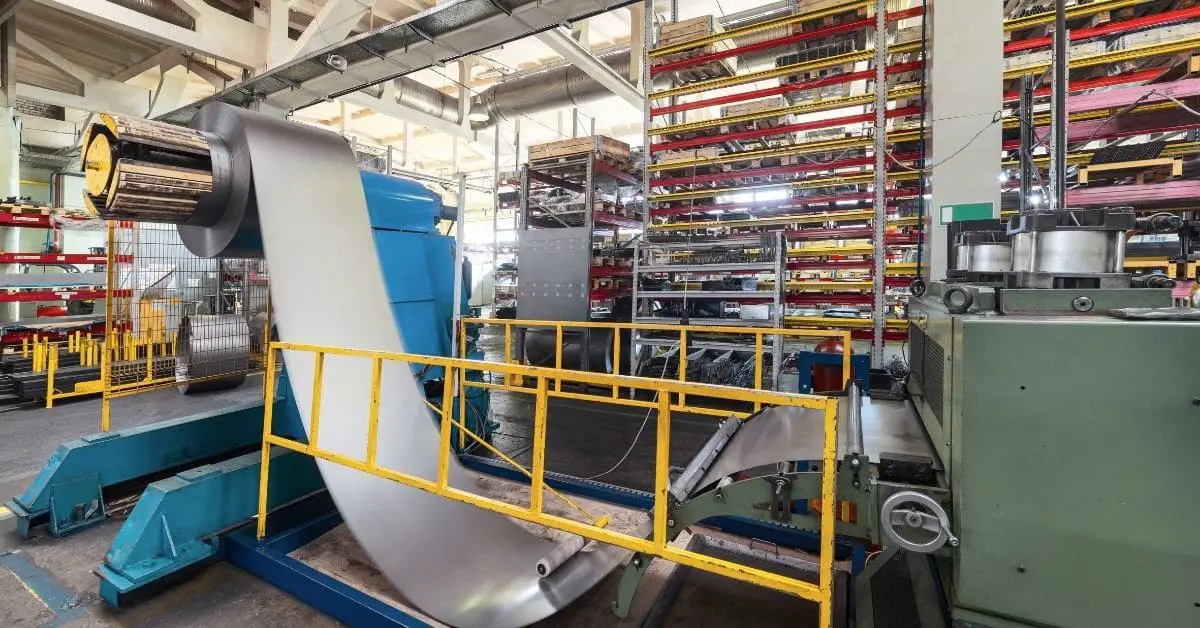Metal detectors are designed to detect any type of metal that has not been “magnetized.” Aluminum, the metal that beer cans are made from primarily, is not magnetized.
Because beer cans are made of aluminum or tin-plated steel worldwide, they can be detected by most metal detectors. Metal detectors detect the high conductivity of non-ferrous components, including gold and aluminum beer cans, among other metals like lead, silver, and bronze.
In this article, metal detectors are discussed, including their components and how they work in regards to detecting beer cans. Additionally, we’ll discuss how metal detectors work and what other compounds they’re capable of detecting.
How Do Beer Cans Set Off Metal Detectors?
The type of aluminum that beer cans are made from is called alloyed aluminum, or more specifically”3004.” Some beer cans are 6061-T6 aluminum, which is also alloyed but has more magnesium than 3004.
Metal detectors may detect beer cans because they were designed for this purpose. Aluminum conducts electricity very well because it is one of the most electropositive metals found on the periodic table. This means that it can carry an electrical charge easily.
Beer cans are very similar to aluminum foil in this way. When you hold up aluminum foil in between two magnets, the magnetic force can be felt because of its conductivity. Because these cans are made of or covered in metal, they can conduct or transfer a charge from one place to another.
What are Beer Cans Made of?

Older beer cans were made of heavy steel with a lacquer coating for insulation. They were mostly made of tin-plated steel. Today’s modern beer cans are around three grams lighter than the steel cans that came before them, which is about half the weight of an empty can.
Beer cans are made of aluminum alloys, which are elements that have been mixed to create a certain metal, including aluminum and magnesium. Aluminum is a good conductor, meaning it will set off the vast majority of metal detectors, whereas steel is generally much harder to detect.
Other Compounds That Set off Metal Detectors
Different types of metals can set off metal detectors, such as aluminum, tin, and bronze. Because beer cans are made of aluminum or tin-plated steel across the world, they can be detected by most metal detectors.
Metal detectors can be set off by many different types of metal, including:
- Tin: Tin has a remarkable ability to conduct electricity compared to other metals, so it can also set off most metal detectors.
- Bronze: This alloy is often used in weapons and jewelry because it’s an excellent conductor. It can be detected through many different types of metal detectors as well.
- Gold: Gold conducts electricity very well, which is why you can detect gold by using a metal detector. It very rarely sets off a detector unless there’s enough gold on one object for it to register as a significant amount of mass coming through the magnetic fields surrounding the detector coil.
- Silver: This metal is another good conductor like gold, which means it can be detected by metal detectors as well.
When metal detectors detect this charge, it activates an alarm that alerts the people nearby that there is something metallic nearby. Because beer cans are often aluminum and have been designed with a thin coat of tin on top to prevent corrosion, they easily set off the alarms in certain types of metal detectors.
How Do Metal Detectors Work?
Metal detectors are designed to detect metal objects via different types of electromagnetic technology. One type of detector is the VLF or very low-frequency metal detector, which works with a transmitter coil and receiver coil to generate electricity.
When an object passes between the transmitter and receiver coils of a metal detector, or when an object enters into the magnetic field that surrounds the coils, then this changes the magnetic pathway of the inductance which affects how much electricity is generated in each oscillation cycle.
Another type of metal detector is the multi-frequency detector, which also has transmitter coils and receiver coils but works with alternating current instead of electricity generated from the induction balance metal detector.
This type of coil is much more sensitive to larger objects like beer cans or weapons because it uses inductive coupling. The change in magnetic flux induces another electric current through self-capacitance methods.
Do Beer Cans Set Off Metal Detectors Conclusion
Metal detectors have been around for a long time. They can detect the high conductivity of non-ferrous components, including gold and aluminum beer cans – among other metals like lead, silver, and bronze.
Beer cans are made from either aluminum or tin-plated steel across the world which means that most metal detectors will pick them up.
